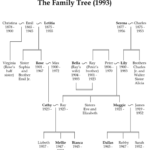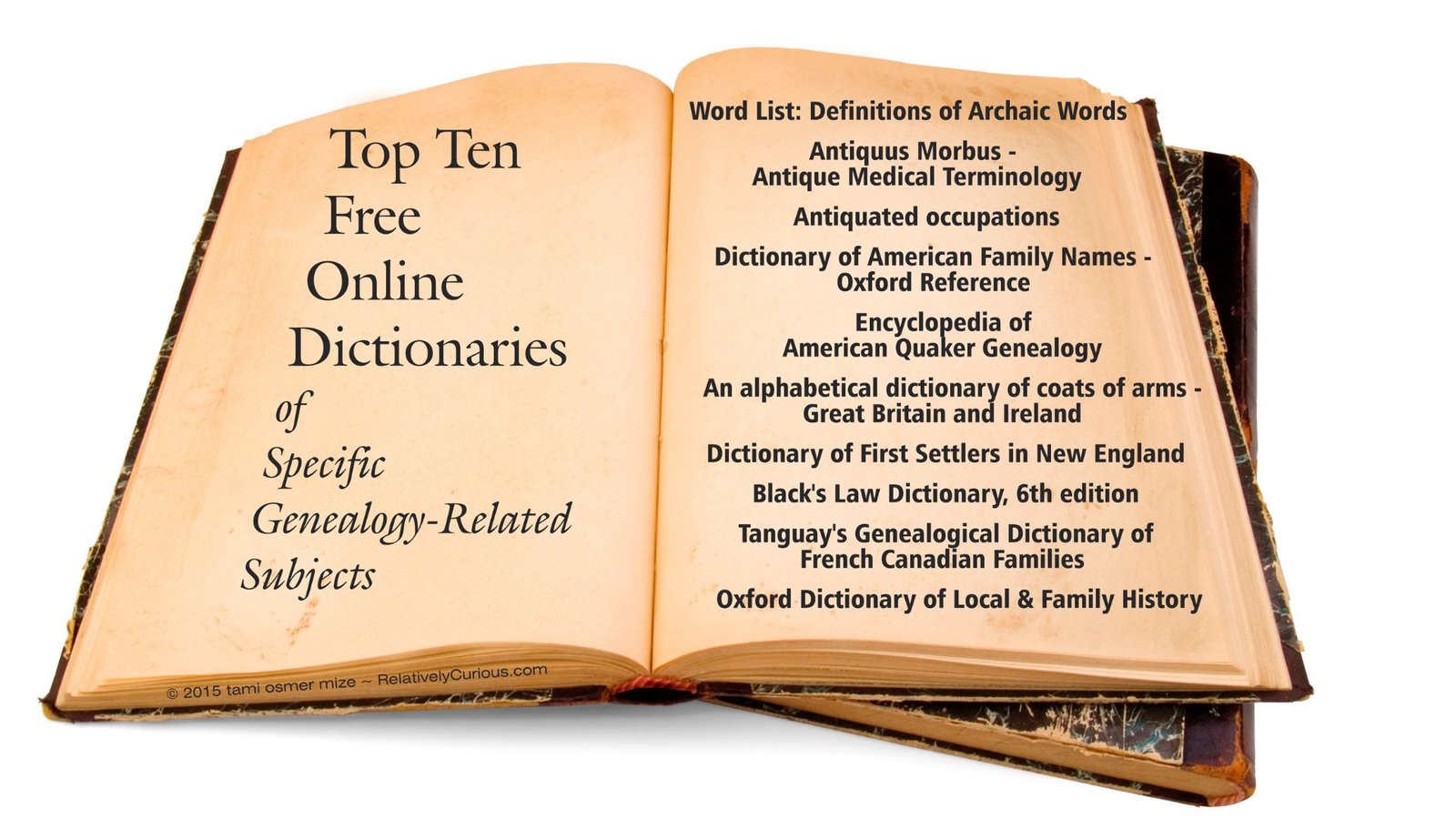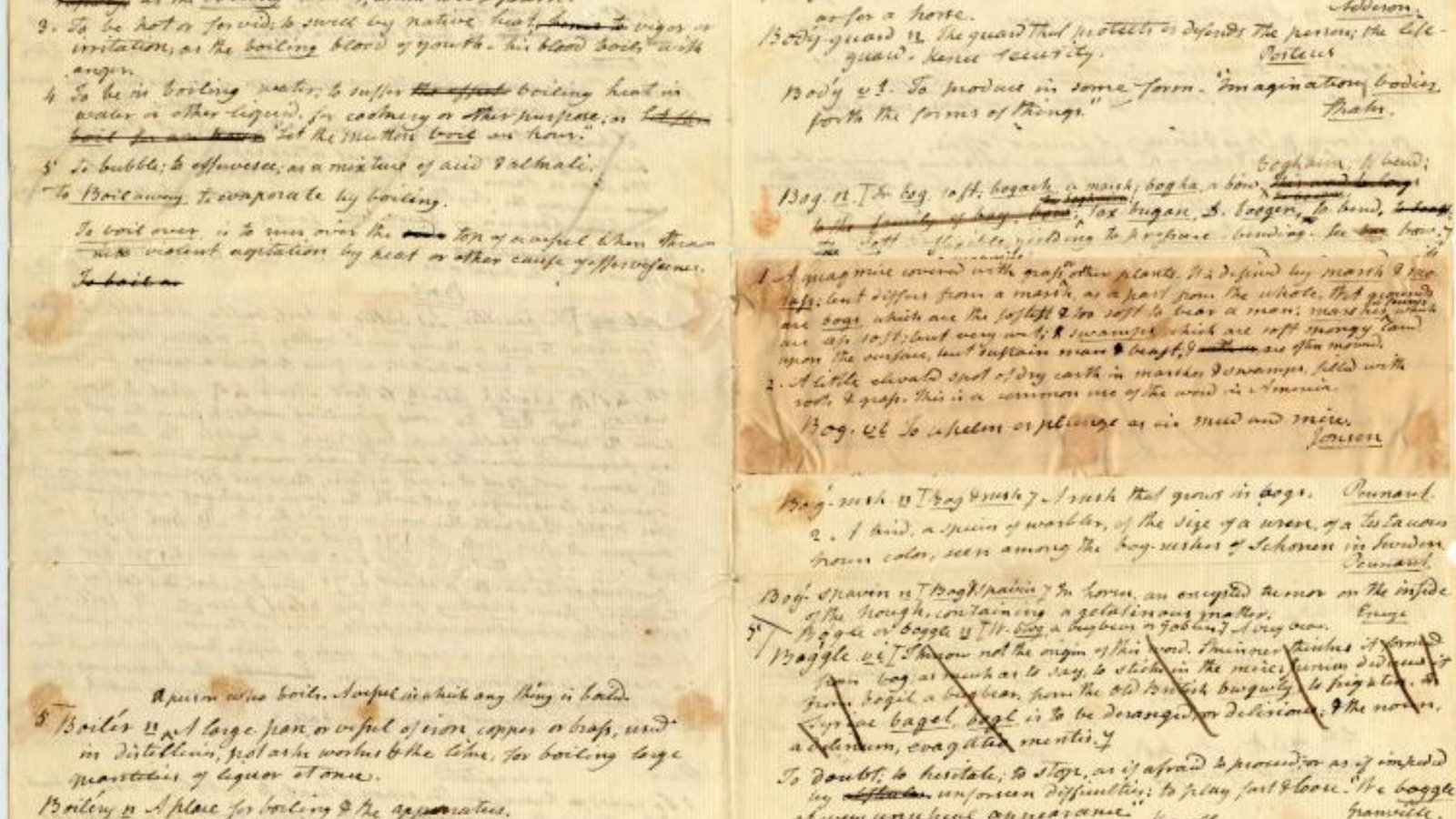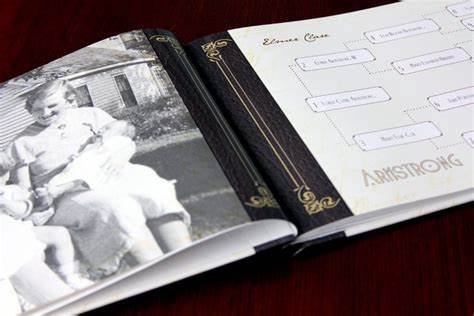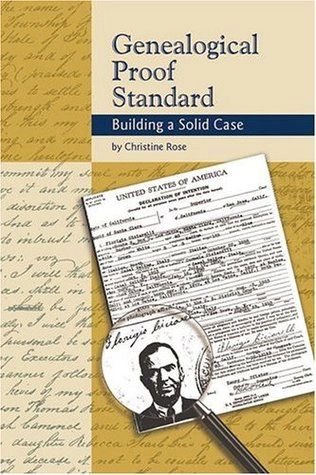A genealogical dictionary is an essential tool for anyone diving into family history research. These specialized dictionaries provide detailed information about surnames, family origins, and historical records. By understanding how to use a genealogical dictionary, you can uncover valuable insights about your ancestors and their lives.
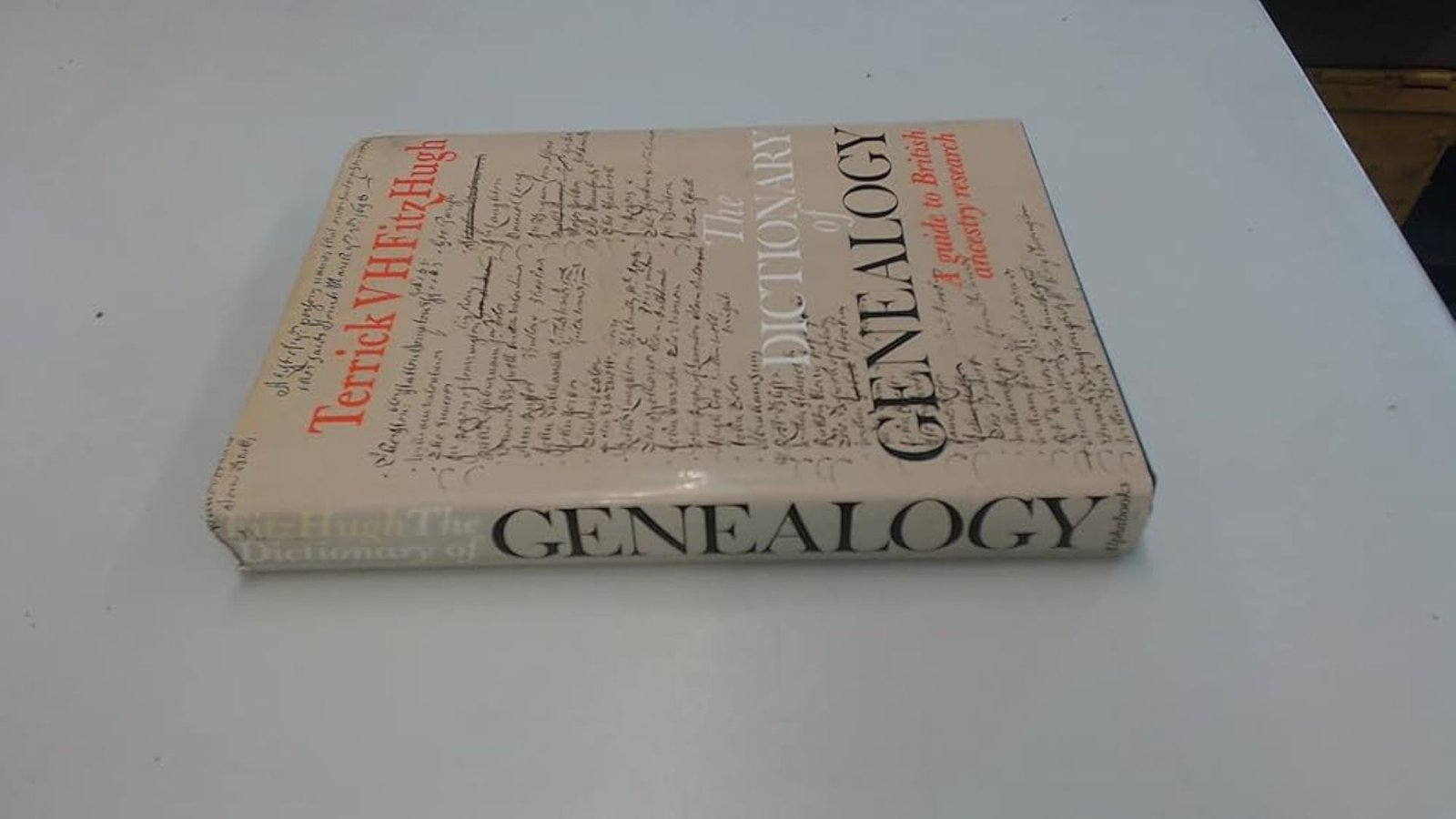
What Is a Genealogical Dictionary?
A genealogical dictionary is a reference book that lists family names, their meanings, origins, and historical connections. It often includes:
- Variations of surnames
- Locations tied to family names
- Historical records linked to specific families
- Dates and events such as births, marriages, and deaths
These dictionaries are especially useful for tracing ancestry and understanding family connections.
Why Use a Genealogical Dictionary?
Genealogical dictionaries can help:
- Identify Name Variations: Many surnames have evolved over time, and dictionaries can show different spellings.
- Locate Ancestors: They provide information about where certain surnames were historically common.
- Understand Origins: Learn the cultural or linguistic roots of your family name.
- Verify Records: Cross-reference family details with other historical documents.
Whether you’re just starting or diving deeper into your research, this tool can make your work much easier.
Steps to Use a Genealogical Dictionary
Step 1: Gather Information
Before using a genealogical dictionary, start by collecting as much information about your family as possible.
- Write down full names, including maiden names.
- Note birthplaces, birth dates, and marriage details.
- Gather any family stories or traditions that may offer clues.
Having this information ready will help you focus your search.
Step 2: Choose the Right Dictionary
There are different types of genealogical dictionaries, so it’s important to pick one that suits your needs:
- Regional Dictionaries: Focus on specific countries or regions (e.g., Scotland, Germany).
- Ethnic or Cultural Dictionaries: Cover specific groups, like Jewish or Irish ancestry.
- Surname-Specific Dictionaries: Focus on one family name or its variations.
If your ancestors came from a particular region, start with a dictionary from that area.
Step 3: Search by Surname
Most genealogical dictionaries are organized alphabetically by surname.
- Look for your family’s last name.
- Check for alternative spellings or variations of the name.
- Pay attention to any dates, locations, or events associated with the name.
For example, you might find that your surname was spelled differently a century ago or was linked to a particular village.
Step 4: Study the Entries
Each dictionary entry usually includes:
- Name Origin: The linguistic or cultural background of the surname.
- Location: Regions where the name was historically common.
- Historical Records: Key dates and events, such as land ownership or migration patterns.
Take notes on any details that match your family’s history.
Step 5: Cross-Reference with Other Records
A genealogical dictionary should not be your only source. Use the information you find to:
- Verify family connections in census records, church registries, or immigration documents.
- Cross-check names and locations with online genealogy databases like Ancestry.com or FamilySearch.org.
- Confirm historical events using national or local archives.
By combining resources, you can ensure your research is accurate and thorough.
Tips for Using a Genealogical Dictionary
- Be Open to Spelling Variations: Names may have changed over time due to translations, misspellings, or cultural shifts.
- Understand Historical Context: Some names may have been influenced by migration, wars, or societal changes.
- Take Detailed Notes: Write down all findings, even if they seem unrelated at first. Connections may become clear later.
- Focus on Locations: Many dictionaries provide geographical information that can guide further research.
- Be Patient: Research takes time, but each discovery adds to your family’s story.
Where to Find Genealogical Dictionaries
Online Resources
- Google Books: Search for free or digitized genealogical dictionaries.
- Genealogy Websites: Platforms like Ancestry.com and MyHeritage often include surname dictionaries.
- Library of Congress: Check their online catalog for genealogy resources.
Libraries and Archives
- Public Libraries: Many libraries have genealogy sections with dictionaries and other resources.
- Local Historical Societies: These often house region-specific dictionaries and documents.
- University Libraries: Academic libraries may have rare or specialized genealogical dictionaries.
Purchase Copies
If you’re serious about genealogy, consider buying a copy of a relevant dictionary for ongoing reference.
Examples of Popular Genealogical Dictionaries
- Dictionary of American Family Names: Covers thousands of surnames common in the U.S.
- The Surnames of Scotland: Focuses on Scottish family names and their origins.
- Jewish Family Names and Their Origins: Explores Jewish surnames and their cultural roots.
- A Dictionary of English Surnames: Provides detailed information about English family names.
These resources can be a great starting point for your research.
Conclusion
Using a genealogical dictionary is a powerful way to unlock your family’s history. By understanding your surname’s origins, identifying variations, and cross-referencing historical records, you can build a richer and more accurate family tree. Take your time, use the right tools, and enjoy the journey of discovering your ancestry. Each piece of information brings you closer to understanding where you come from and the legacy your family carries forward.




